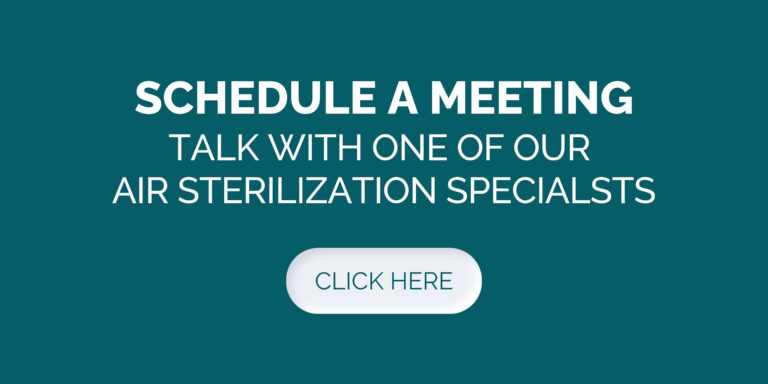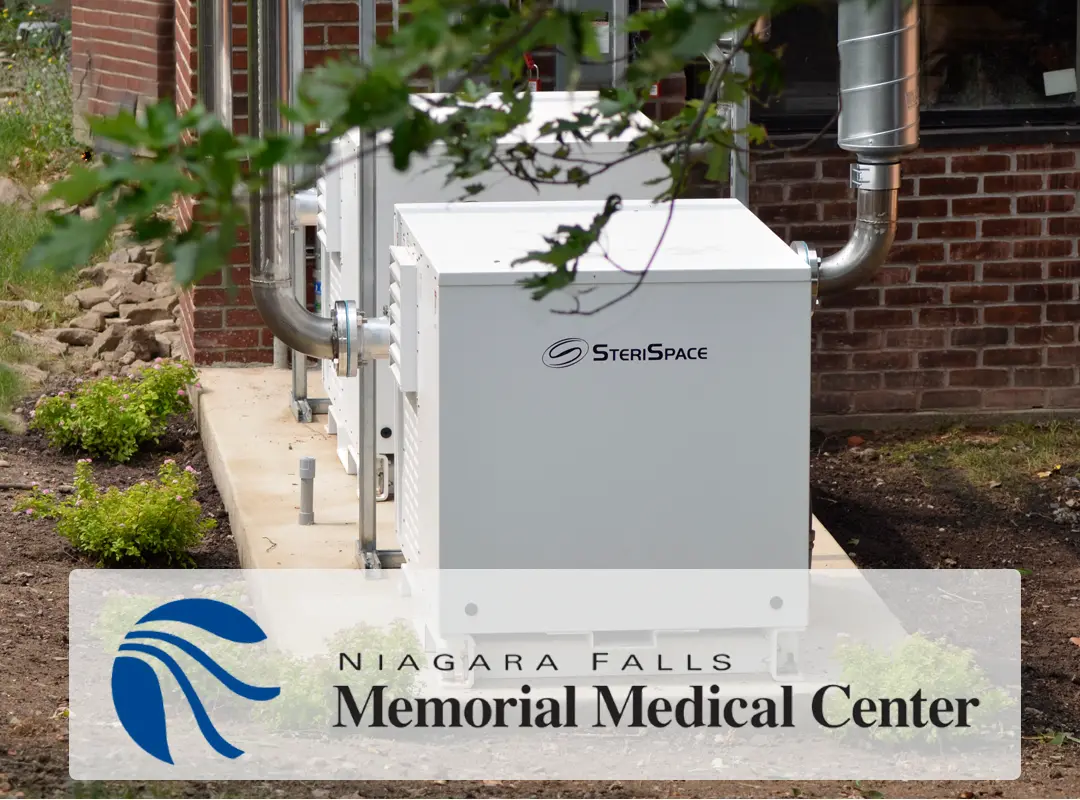
60 Minutes Feature On Indoor Air Quality
The founder of Harvard University’s Health Buildings Program, Joseph Allen, appeared on 60 minutes with Dr. Jonathan LaPook to discuss the importance of indoor air quality. Also covered are some of the technologies currently available that can be used to help prevent the spread the transmission of airborne disease as well as some of the missteps during the pandemic. An innovative patented compressive heating system, SteriSpace, is currently the only technology capable of achieving air sterilization and setting the new standard of care in indoor air quality is a perfect solution for creating healthy buildings.



